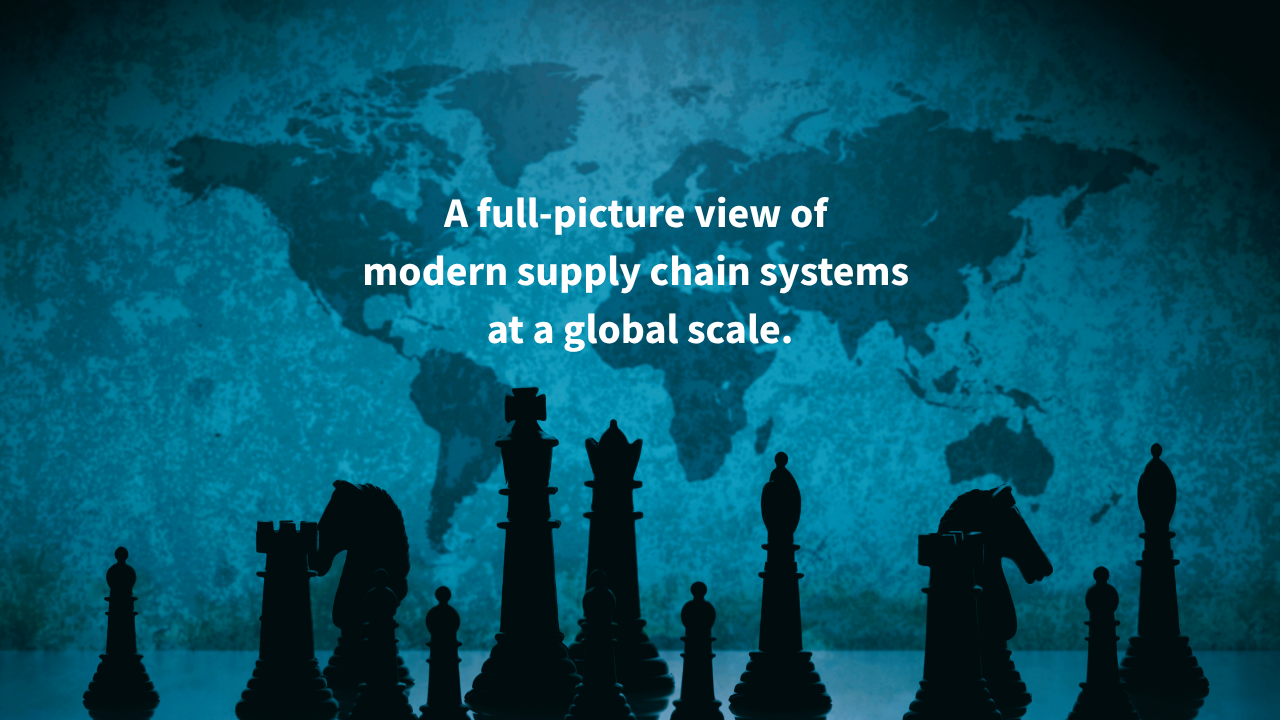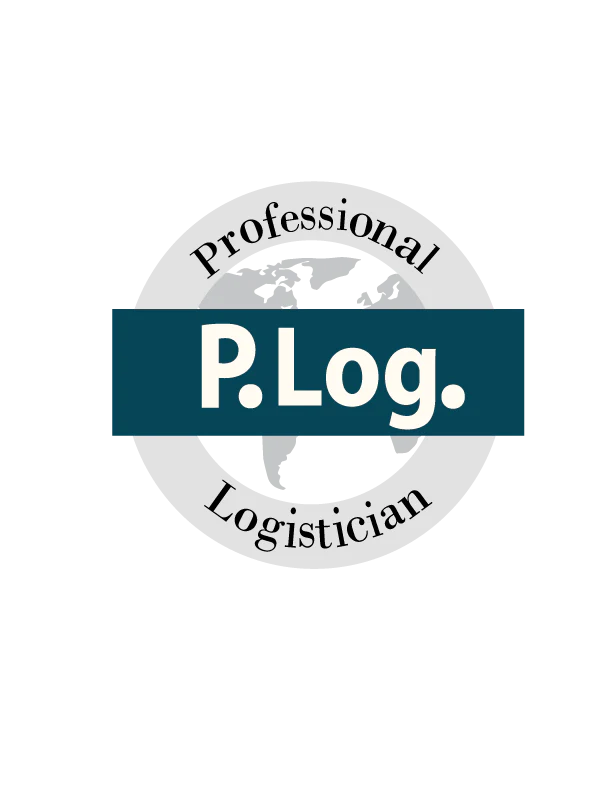Agile Supply Chain
& Logistics Strategies
& Logistics Strategies
An online program for mastering strategic supply chain management.
OVERVIEW

Learn and understand how to
- lead supply chain transformation
- align operations with customer needs, performance goals, and business strategy
- capture the impact of big data and emerging technologies on supply chain design and leadership
BONUS - get strategic decision-making tools: value chain analysis, performance trade-offs, and capability mapping
Program Content & Registration
Module 1: Value Creation in Agile Supply Chains
Module 2: Supply Chain Leadership Strategies
On Successful Completion
This program leads to your obtaining P.Log certification [Professional Logistician].

Trusted by 5,000+ industry professionals to accelerate their careers.
Frequently Asked Questions
What's my time commitment for this program?
- 2 modules, 100% online
- 8 weeks to complete each module
- average time commitment of 4-6 hours per week
- work at your own pace within the 8 weeks
- take a break between modules if needed
- complete both modules within one year to qualify for P.Log. certification
How/when do I get access after I register?
You'll receive access to your e-learning account & module/program instantly.
- Module access emails contain links.
- Keep an eye on your junk folder in case your email settings block the emails.
Will I get a tax receipt?
Yes, an official receipt will be issued for income tax purposes.
How is my work assessed?
Your work on the program will be reviewed to ensure you have demonstrated an understanding of the concepts discussed. The exercises you complete are subjective, with no right or wrong answers.
What will I need to qualify for P.Log. certification?
You will need to complete this program successfully within 1 year (both modules).